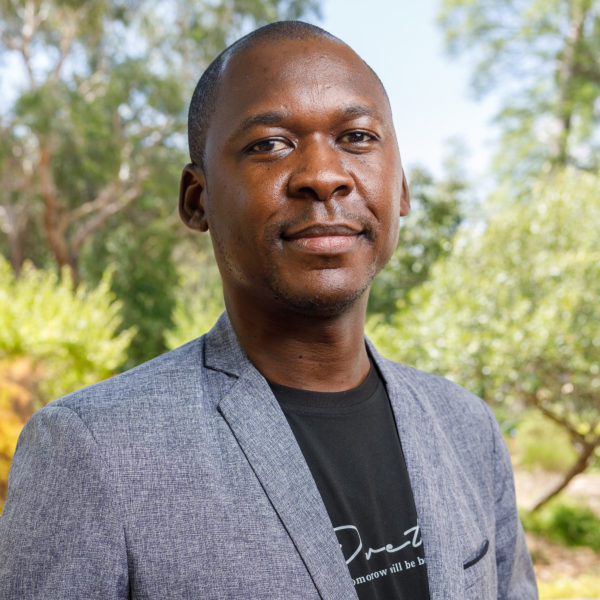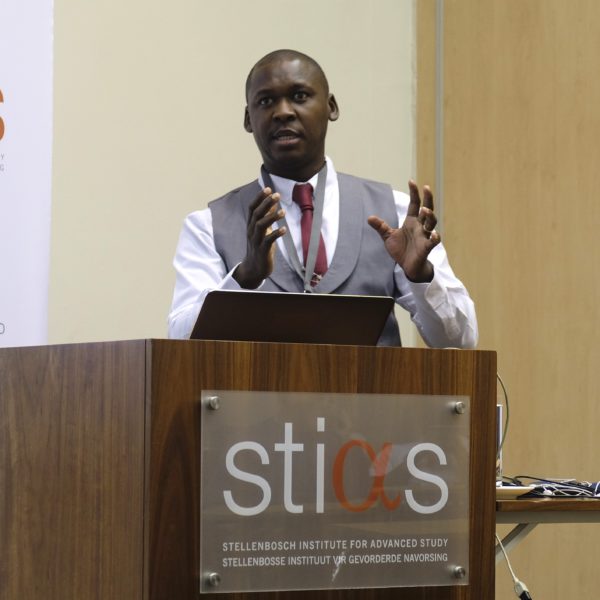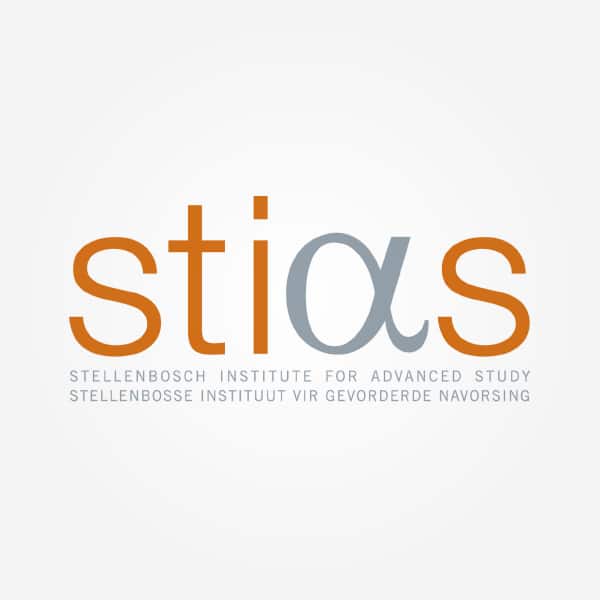Digital inclusion is a real concern when dealing with low-skilled, low-literate people who only speak oral languages. While efforts are made to avoid them to be “left-behind” in terms of connectivity, they are still “left-out” during the design of most digital services, even those aiming to enhance their activities such as e-agriculture. The fact that user interfaces are primarily text-based and not in local languages, which are most often oral, is a real barrier to adoption. Designing voice user interfaces using oral languages can be a game changer. Thanks to recent advances in Natural Language Processing, textless Speech-to-Speech has been introduced. It allows translating a speech in a source language to the corresponding speech in a target language without a transcription. But up to now, the concept has only been used with written languages. This project does not only investigate the possibility of using an African oral language, but also attempts to design an approach to move from forms with textboxes to voice-based forms using an oral language on mobile phones. Although focusing on limited vocabulary in agriculture, it should be leveraged to tackle other important issues such as culture preservation or even Software Defined Networks for rural areas.
Menu
Project:
Textless Speech-to-Speech translation for voice user interfaces using an oral language to assist low-skilled, low-literate people
Related news
Related news
Share this project:
Share on whatsapp
WhatsApp
Share on email
Email
Share on facebook
Facebook
Share on twitter
Twitter
Share on linkedin
LinkedIn
Is any information on this page incorrect or outdated? Please notify Ms. Nel-Mari Loock at [email protected].



